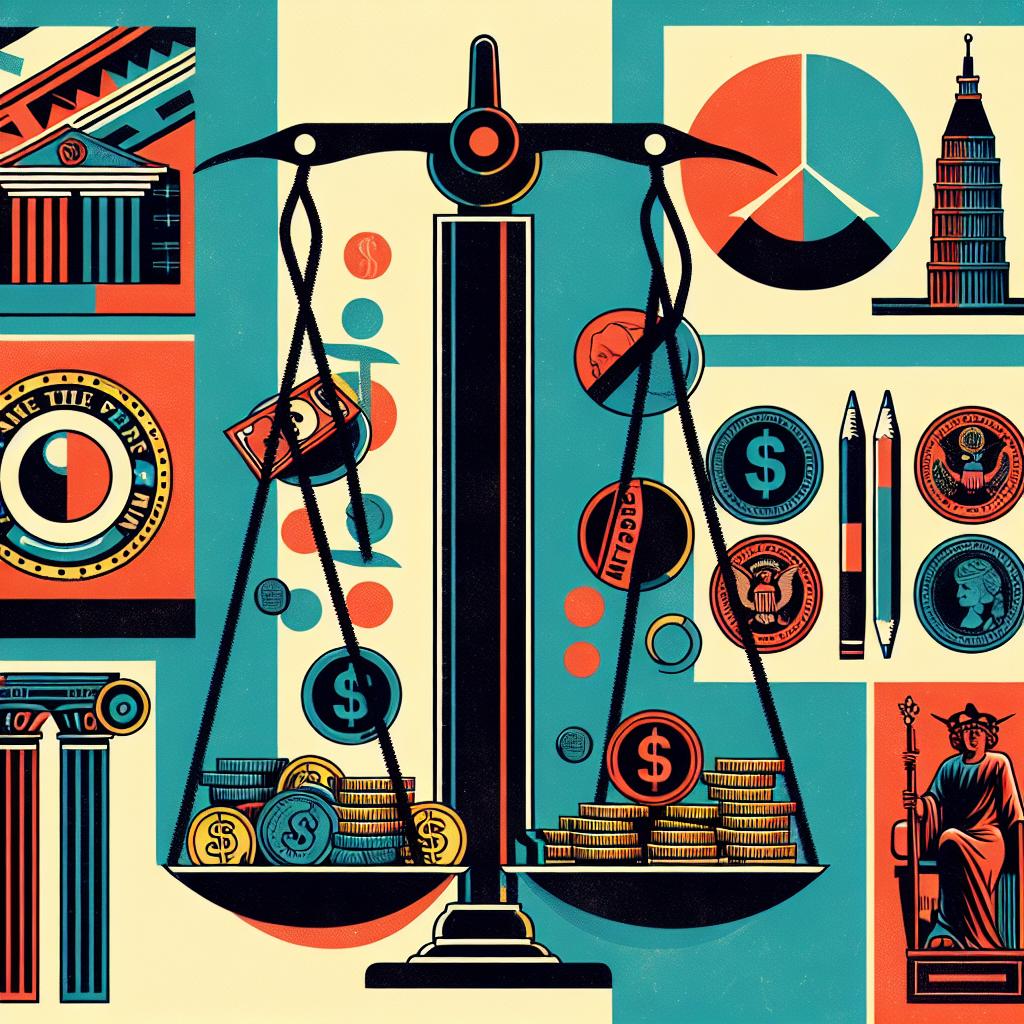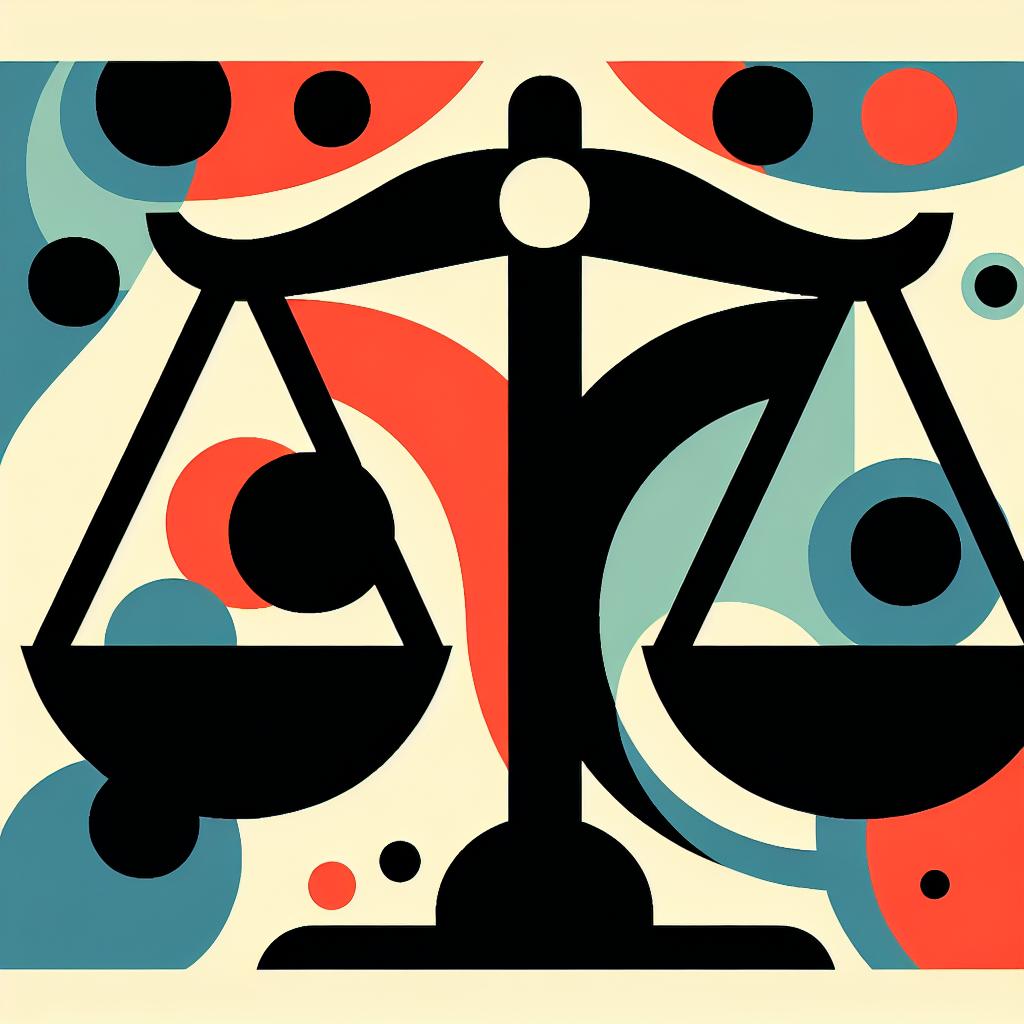The Challenge of Money in Politics
Across the political spectrum, there is recognition of a significant issue impacting the integrity of American democracy: the influence of money in politics. A recent survey reveals that a remarkable 62% of Americans believe reducing this influence should be a top priority. This sentiment transcends party lines, with both Democrats and Republicans expressing strong support for addressing the issue. In a landscape often depicted as divided, this rare overlap presents a fascinating prospect for bipartisan action.
Shared Concerns Across the Aisle
What accounts for this widespread support? Voters from all walks of life perceive the growing dominance of moneyed interests in Washington as a threat to their voice in government. Campaign contributions, corporate lobbying, and Super PACs have proliferated, shaping public policy in ways that often seem disconnected from the will of the electorate. For many, this is not merely an academic concern; it’s an erosion of trust in democratic institutions.
Where does this leave our policymakers? Overwhelming public support means that politicians have a vested interest in addressing this issue. This does not mean, however, that reaching a consensus on the best path forward is straightforward. The approaches between the two major parties can differ significantly, which complicates the potential for meaningful reform.
Differing Approaches to Reform
The Democratic perspective generally favors expansive campaign finance reforms, including tighter regulations on contributions, increased transparency, and support for public financing of campaigns. Proponents argue that these efforts could root out corruption and level the playing field for candidates who lack massive financial backing.
Conversely, many Republicans advocate for a less restrictive approach, emphasizing the importance of free speech rights in the context of political contributions. They argue that limiting financial contributions infringes upon the ability of individuals to express their political opinions and can stifle competition by boxing out smaller donors.

This dichotomy highlights the challenge lawmakers face as they attempt to reconcile differing ideologies with the necessity of reform driven by public demand. While there’s consensus on the need for action, the paths available may indeed be at odds with one another.
Overcoming the Obstacles
The move toward campaign finance reform is fraught with obstacles. Politicians often fear backlash from primary voters who may lean towards more extreme positions within their own party. The connection between major donations and winning elections cannot be overlooked; incumbents are acutely aware that their financial backers play a crucial role in their electoral success.
Nevertheless, there are already examples of states and localities making strides in increasing transparency and accountability within political financing. Reforms at these levels might inspire broader changes, demonstrating to federal lawmakers that public demand for accountability is not only valid but, indeed, a political asset.
A Roadmap for Future Reforms?
Looking forward, the path towards reducing the influence of money in politics may lie in understanding and addressing these complexities. Potential areas of agreement include:
- Increasing transparency: Enforcing stricter reporting requirements on contributions and spending can empower voters and reduce the efficacy of secret financial influence.
- Public financing in competitive districts: This approach could offer a lifeline to candidates without access to vast financial resources.
- Education and advocacy: Encouraging civic education on campaign finance could cultivate a more informed electorate that demands accountability from their representatives.
Engagement and activism surrounding these issues may pave the way for a more accountable political landscape that aligns with the expectations of constituents.
Conclusion
The landscape of money in politics embodies a critical concern for the vitality of American democracy. It is promising to see even in a deeply polarized environment that citizens share a common desire for reforms that can resilently upend the ways in which political influence is bought and sold. As Americans continue to demand action on this issue, it remains to be seen how their voices will shape the future of campaign finance reform. A more equitable political environment is not just desired; it is in high demand.
A Call to Action
As public engagement in policy continues to grow, both sides of the aisle must seek common ground to address the perils of private money in politics. Creating an active citizenship that values accountability is essential, and the bipartisan interest in reducing money’s influence may well be the vehicle for much-needed reform.



